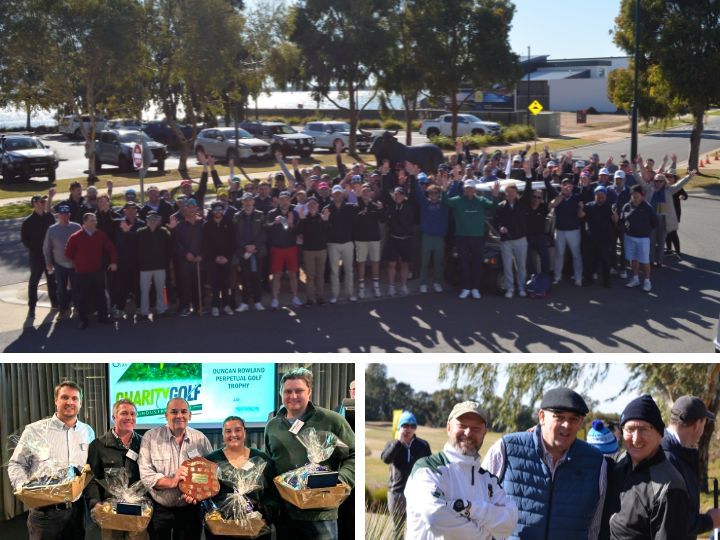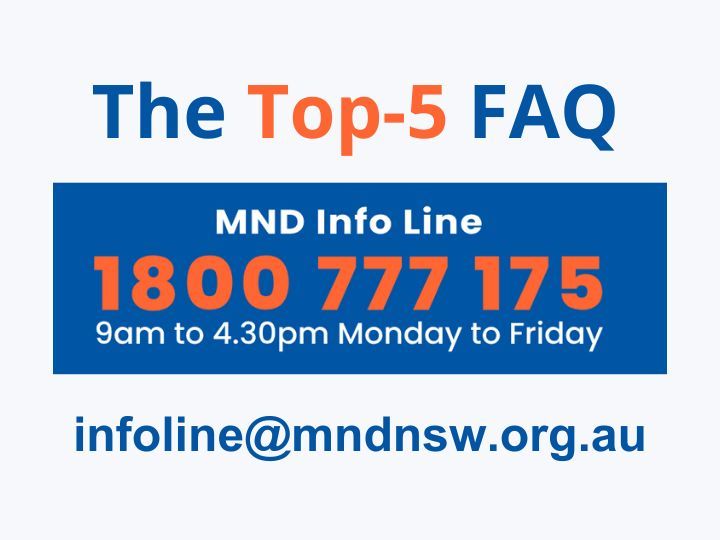Things to be wary of in alternative or off-label products
In 2009, ALS Untangled was formed to help people with ALS (MND) make better informed decisions about alternative or off-label products. The team at ALS Untangled includes 120 clinicians and scientists from 11 countries and they collaboratively review new treatments and therapies that people within the ALS/MND community would like to know more about.
When someone is diagnosed with a condition such as MND, they often turn to the Internet for answers. There they can find many alternative therapies and off-label treatments, most being sold or offered in “trials” with a large up-front cost. Persons advertising alternative therapies and treatments sometimes make extraordinary claims such as “clinically proven”, “guaranteed” and “no risk”.
Unfortunately, the evidence backing up these claims can be flawed, inaccurate or altogether absent. Non-scientists may not always recognize the problems with such evidence and so may over-estimate the potential benefits. They may also underestimate the potential risks of these alternative or off label treatments.
The latest article from the ALS Untangled team compiles a list of the most common ‘red flags’ their researchers have come across when reviewing new potential treatments or therapies.
The more of these “ten red flags” patients find, the more wary we think they should be.
- Large out of pocket cost
- Advertised as effective for multiple incurable conditions with different causes
- Lack of safety and scientific oversight
- Absent or limited informed consent process
- Lack of an evidenced mechanism by which the intervention might help
- Absence of regularly measured validated outcomes
- Vague or no plan to present outcomes for peer review
- The only evidence of benefit is anecdotes
- Proponents have no relevant training, presentations or publications
- Proponents portray themselves as victims, advise “divorce” from mainstream doctors
The full 'Ten red flags' article has been published in a peer reviewed medical journal (Amyotrophic Lateral Sclerosis and Frontotemporal Degeneration) and is available to read in full for free here.
You can also take a look at the ALS Untangled website and their reviews here.




